We originally met Josh & Kristi through our newsletter. After exchanging letters and hearing about the similar path we were on, I asked Josh to write about his experience of building a new home economy with his family.
On our wedding day fifteen years ago, if you would have told Kristi and I that we would one day have a bustling home economy on five acres, we would have chuckled and said, “no way.” We both had Masters Degrees in Education, and were eager to embark on our careers in public education; what could possibly make us give up that? To be honest, there was no revelatory moment, or magical leap forward. Instead, countless small and seemingly mundane steps have ripened slowly into something significant and meaningful, as our path towards resilient, family-centered living has taken shape.
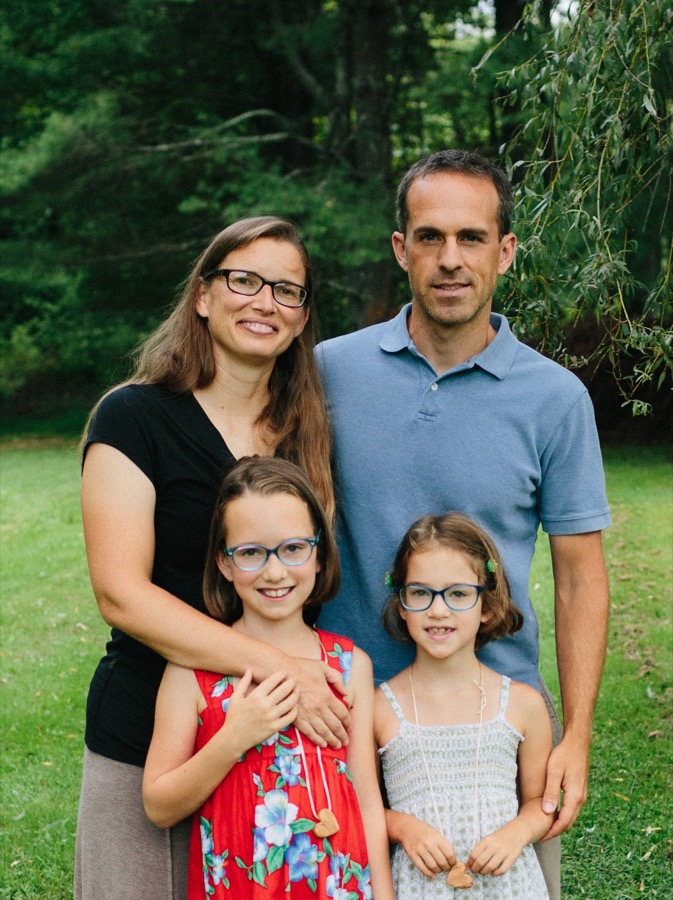
The lynchpin for us throughout the whole process has been the realization that the basic unit of society is the family, not the individual. This may not seem glamorous or exciting, but it is sustaining in the deepest sense, as it brings us outside of ourselves, and beyond popular culture’s false promises of fulfillment through self-love, self-expression, or autonomous careers. Such promises fall short because they untether us from duties and responsibilities towards others, and offer no structures external to the self to frame meaningful action in the world. The family provides the needed structure, where humans flourish naturally in more familiar and ordinary places with our closest relations; at the dinner table, while reading a book, in the workshop, around the Table of the Lord. And while there is no place to hide from human brokenness in the close quarters of the family, there is also salve for the wounds present there in the bonds of blood and self-giving love, drawn from the inexhaustible riches of God’s forgiveness in Christ.
Forging a family-centered life is an uphill battle in our current milieu, as economic and cultural forces lure us towards atomization and individuation. Society trains us to outsource as much as possible from the locus of family and home. As a result, we easily end up disconnected from our food, our possessions, our education, and our family. To counteract this rootless and mechanistic existence, we started taking small but intentional steps.
The first steps were to develop a home economy. Making food from scratch led to eating seasonally and dabbling in gardening, which grew into raising chickens, planting blueberry bushes, and experimenting with bees. Such activities increased our sense of personal agency, resiliency, and versatility, as our home became a place of surprising productivity. What we’ve found is that starting with small things builds momentum. If something interests you, try it. If it doesn’t work, try something else. With each new venture and skill learned, you position yourself for larger future endeavors.
With the arrival of our children, and facing the miracle of our own joint creation, we pondered how our home might be productive educationally as well. As public school employees, we knew all-too-well the challenges and difficulties teachers and students face, and wondered if there was a better way. We discovered a time-tested legacy of classical education and home-centered education, which we adopted as our model. Yes that’s right, two public educators classically homeschooling their own kids.
Increasing home productivity was even more essential as I became the primary earner, teaching high school history, while Kristi homeschooled our two girls and developed our home economy. The habit-forming sacrifices of being a one-income family weaned us from consumerism and media-driven entertainment, which are at odds with the version of the good life that we are trying to instill in our children anyway. The process also kindled in us a desire to learn new skills and trades, not only to save money, but also for the connection to things made by hand and the importance of forming family traditions.
As Kristi refined her skills in the arts of the home and homeschooling, I honed my skills in the craft of woodworking and furniture-making. What started as a hobby was growing into a profitable side-business. We built a shop on our property to devote to the efforts and outfitted it by bargain-hunting for old hand tools and vintage machinery. Making furniture for several years while still having the security of my teaching job created the ideal laboratory for learning how to run a business. We’ve further diversified our efforts in recent years with restoring and reselling vintage woodworking equipment and increasing our home economy’s productivity. Kristi has also connected with some local farmers and assists them periodically in exchange for fresh produce.
This has been key to generate complementary income streams that provide some level of diversification to endure economic cycles.
The remaining pieces have come together in the last few years, as we’ve solidified these income streams into a reasonable living, and as my final year of teaching comes to a close. Our main revenue source now comes from the workshop where I make custom furniture projects and restore vintage machinery for resale. Kristi and I both teach at our local Classical Conversations homeschool co-op one day per week, which provides additional income. I also write for a variety of publications on the intersections of Christianity and culture, which pays (sometimes). And, perhaps most exciting, we’ve begun hosting “Closer to Home” workshops and summer camps on our property where we are helping kids recover the skills of resilient living by teaching Home Economics and Shop Class.
Turning homeward has offered a more holistic and unified approach to life, where faith, family, education, and economic productivity all align. With deepest gratitude, we look back on a thousand small decisions and tiny steps that have brought us to this point, where we have the privilege to treasure the original community of family and the physicality and humanness of embodied work, with achievements physically manifested in the world; a well-executed mortise and tenon joint, a freshly-baked loaf of bread, blueberries preserved from our own bushes. With minds and bodies working in unison, we are not only anchored to physical reality, but also to each other and to our stories, and ultimately to the redemptive story of Christ, the embodied One.
This article was originally published in the Spring 2021 issue of The Grovestead Newsletter. Connect with Josh through his website, Daddy’s Workshop of the Carolinas.










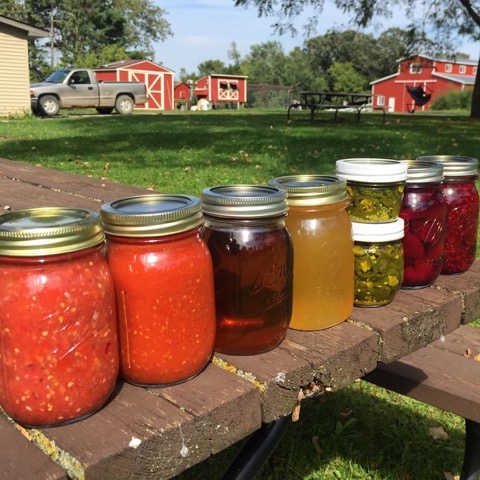


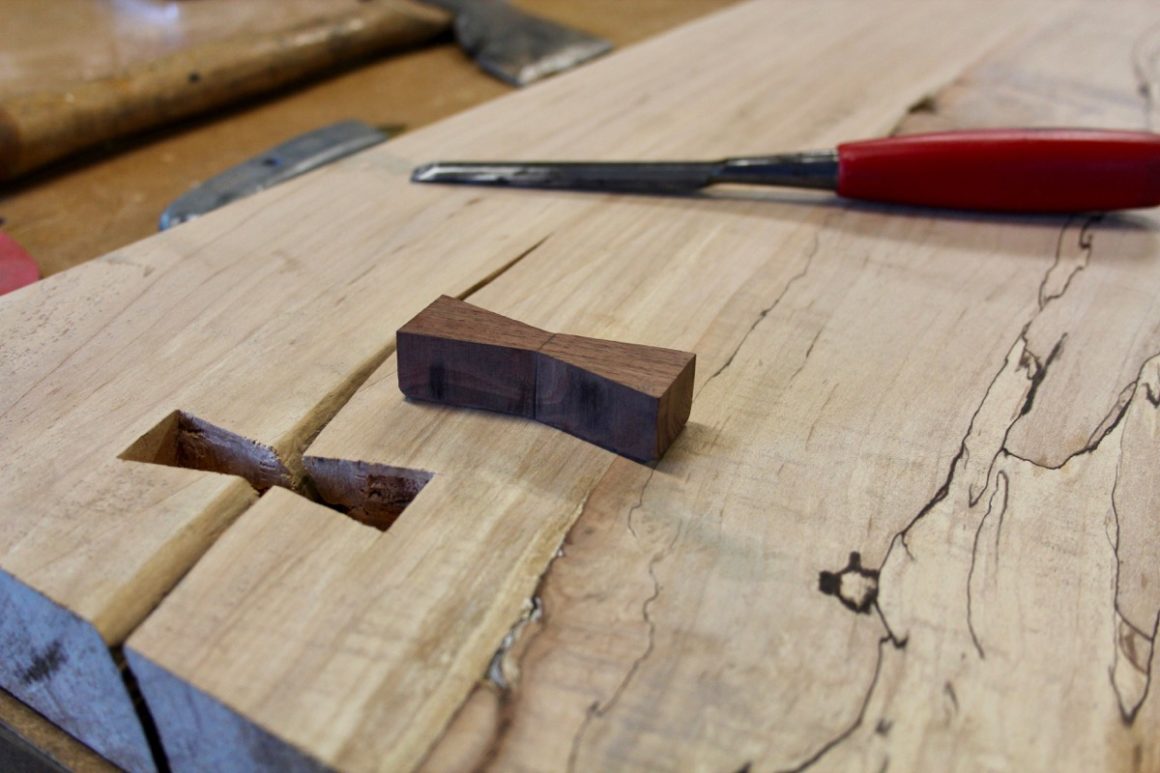
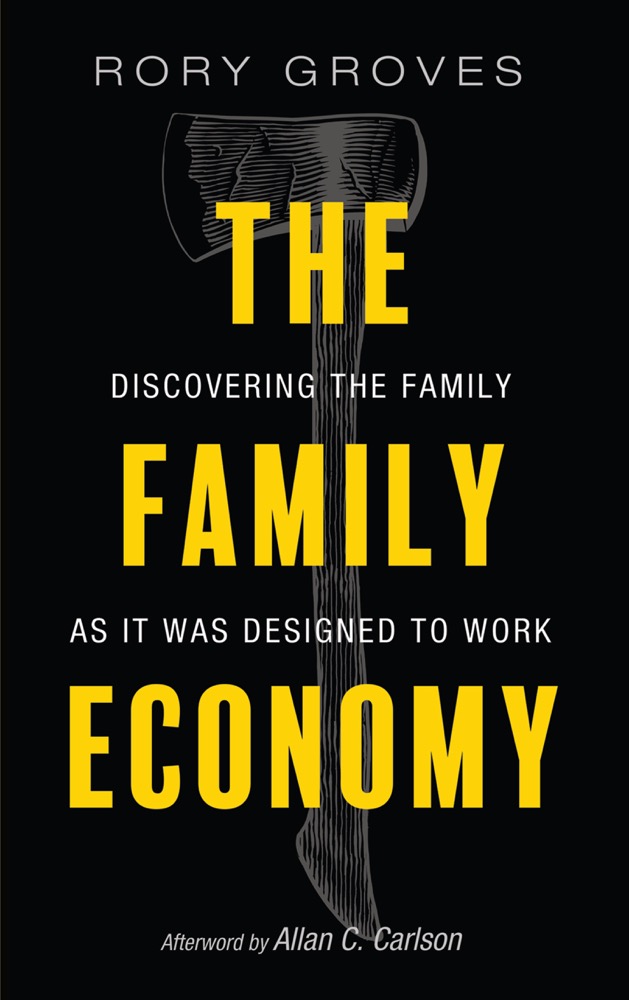
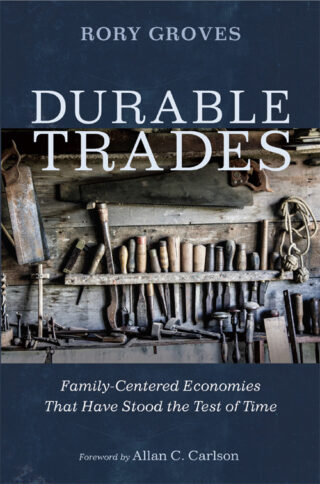
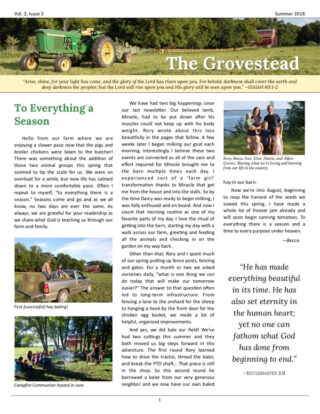
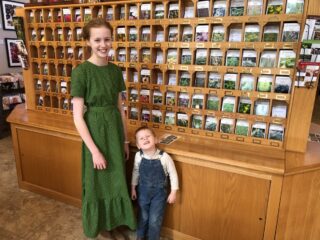
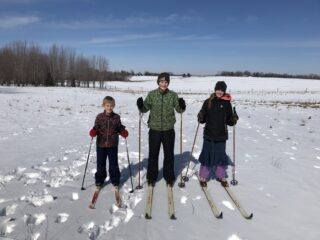
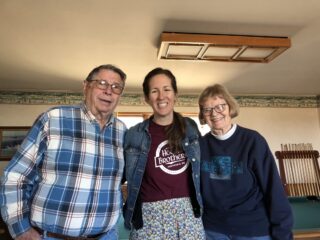
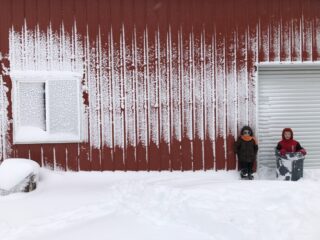
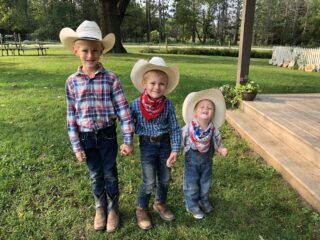
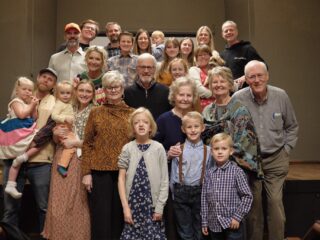
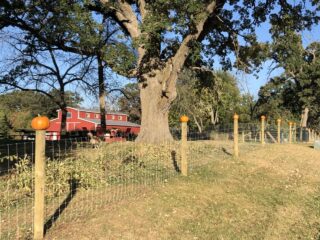
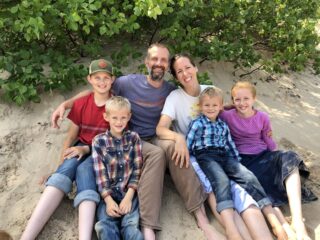
1 comment
I really enjoyed this article by Josh. It sounds so ideal, innocent, and reachable. It has everything to do with a renewed mind through the Word of God. The mandate given to us as sons and daughters is to produce (Josh talked about no longer being consumers), increase, and distribute (not the same as re-distribution); aka fruitful, multiply, and replenish. You really have to have community to do these. Josh and Kristi have found their identity, and the Lord keeps Blessing the work of their hands! Blessed to be a blessing.